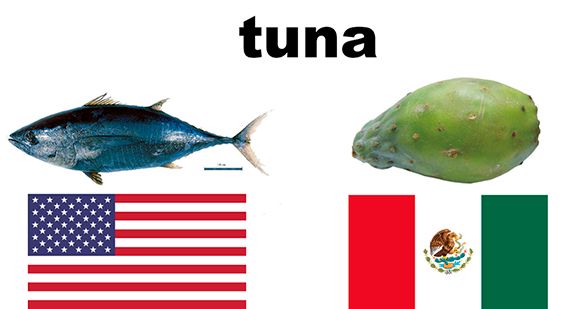Hola a todos. Aquí podemos aprender y enseñar español entre todos. Pregunta algo aquí de español. Por favor, si alguien dice algo mal, explicale lo que decir. Y sólo usa gramatica correcta. Todavia aprendo español tambien, asi que por favor corrijame tambien. Voy a empezar:
Hello everybody. Here we can learn and teach spanish with each other. Ask anything here about spanish. Please, if somebody says something wrong, explain to them what to say. And only use correct grammar. I am still learning spanish, so please correct me too. I will start:
I am confused about "le" at times. I understand it is a direct object pronoun, but it isn't always used like that. People tell me not say "A usted, ¿cómo lo puedo ayudar?" to say "How can I help you?" They tell me to use le instead of lo or la if it is a woman. I don't really get why.
Hello everybody. Here we can learn and teach spanish with each other. Ask anything here about spanish. Please, if somebody says something wrong, explain to them what to say. And only use correct grammar. I am still learning spanish, so please correct me too. I will start:
I am confused about "le" at times. I understand it is a direct object pronoun, but it isn't always used like that. People tell me not say "A usted, ¿cómo lo puedo ayudar?" to say "How can I help you?" They tell me to use le instead of lo or la if it is a woman. I don't really get why.


